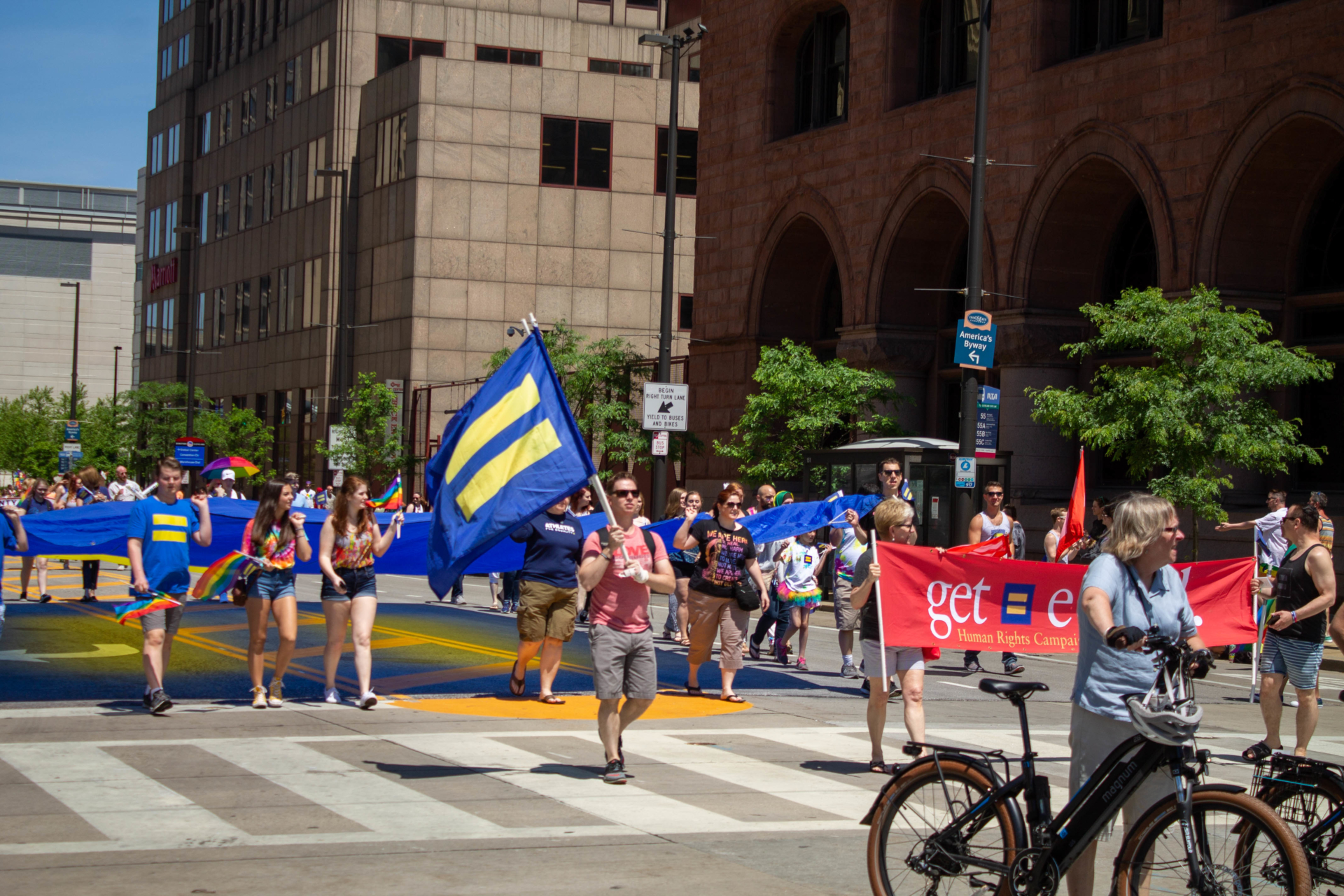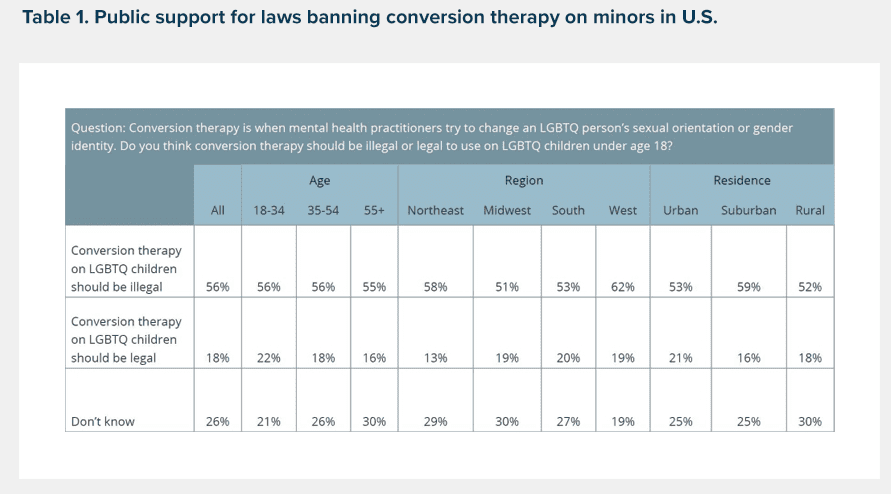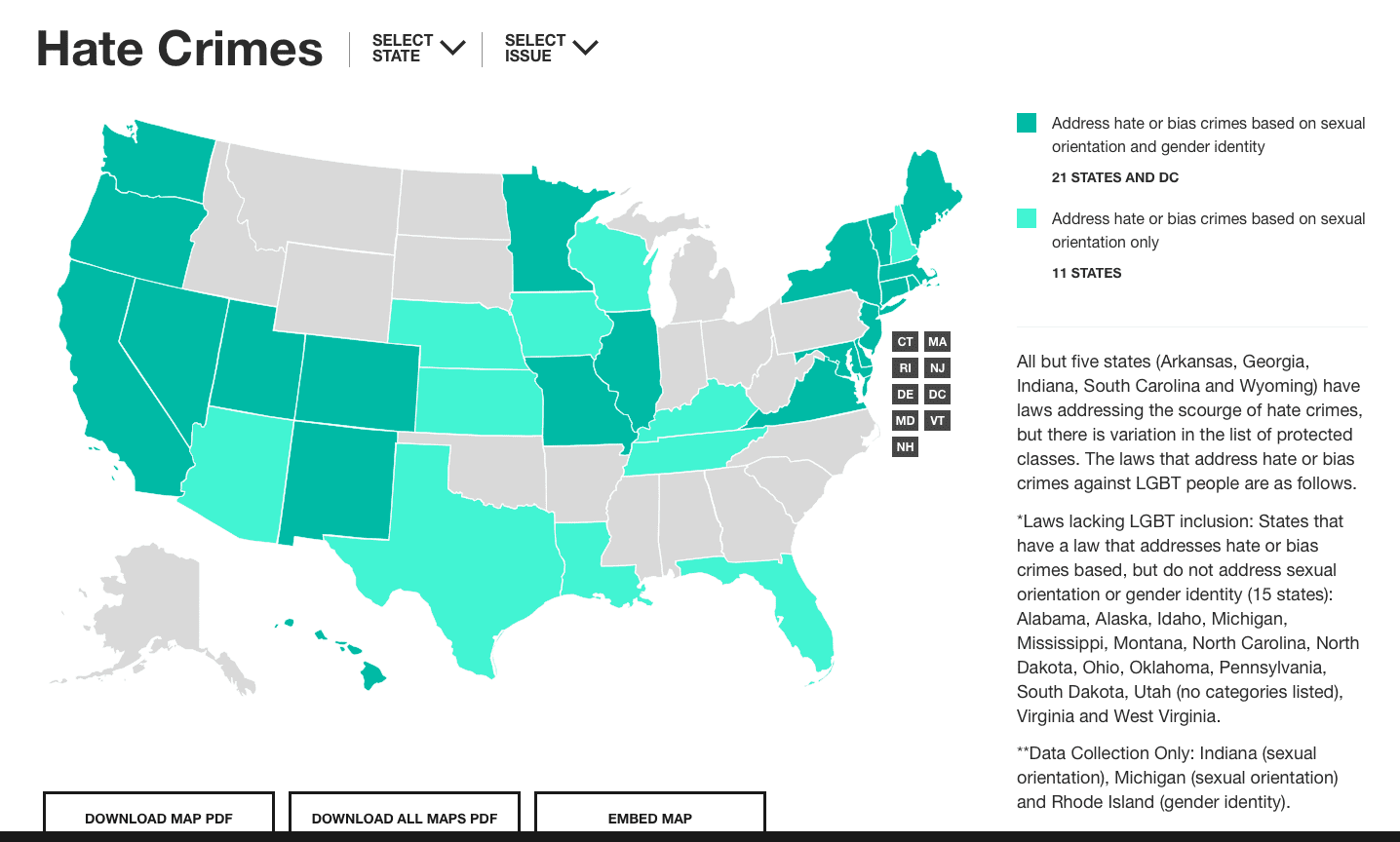
The Supreme Court gave the LGBTQ community another landmark victory on Monday, workplace protections under existing law, however, to quote the title of Michelangelo Signorile’s 2015 book, It’s Not Over. I’m not saying we shouldn’t celebrate this victory. It is important to recognize our wins, but we need to keep our eyes on the many other fights our community has yet to win. Needless to say, the religious right is not happy with the ruling and are already focusing on their next moves in regards to limiting our rights.
Fulton v. City of Philadelphia
When the new term of the Supreme Court begins in October, one of the cases on its docket is Fulton v. City of Philadelphia. This case revolves around a religious nonprofit by the name of Catholic Social Services, which is a privately run adoption agency, and while the merits of this case is whether or not these religious nonprofits can refuse to place a child in the home of a same-sex married couple, what is at stake is if religious organizations and nonprofits can claim religious freedoms as part of their first amendment rights to discriminate against the LGBTQ community. This in itself is a problem, but when these organizations receive taxpayer money, it is an insult to the LGBTQ community.
Conversion Therapy
Another issue we have to fight for is conversion therapy. Currently, there are 20 states that have laws prohibiting conversion therapy for minors and no federal law. According to a 2019 study by the UCLA’s Williams Institute, 16,000 LGBT youth (ages 13-17) will receive conversion therapy from a licensed health care professional before they reach the age of 18 in the 30 states that currently do not ban the practice. In a poll conducted by Ipsos/ Reuters in 2019, 56% of adults in the United States support laws to make conversion therapy for minors illegal.

Hate Crime Legislation
The FBI has gathered and published statistics on hate crimes since 1992. In 2018, the most recent year reported by the FBI, there were 1,404 hate crimes based on sexual orientation and 184 based on gender identity. The full breakdown can be seen on the FBI Hate Crimes in 2018 page. However, it is not mandatory to report hate crimes to the FBI, and according to the Human Rights Campaign, a lack of required reporting does not give a full picture in regards to hate crimes especially when states like Alabama and Wyoming reported no hate crimes in 2018.

Currently, there are 21 states and the District of Columbia that have hate crime protections based on sexual orientation and gender identity and 11 states that have hate crime laws based on sexual orientation. This leaves 18 states without any kind of hate crime law protecting their LGBTQ citizens. In this year alone, there have been at least 15 transgender or gender non-conforming people murdered including Dominique Fells and Riah Milton who were both killed on June 9.
While the passage of the Matthew Shepard and James Byrd Jr. Hate Crimes Prevention Act of 2009 has helped in the tracking and enforcing hate crime legislation, it does not help in states that do not have state laws that cover sexual orientation and gender identity. This means in the case of Riah Milton, for example, is that her murderers cannot be charged with a hate crime since Ohio has no protections for sexual orientation or gender identity in its hate crime law.
Other Protections Lacking in the United States
The above-mentioned issues are just the tip of the iceberg in terms of rights that the LGBTQ community does not have in the United States. Unfortunately, one article on the lack of rights and protections for the LGBTQ community cannot begin to be enough to cover each issue and how it fares in each of the 50 states in this country. The best way to be able to inform yourself and anyone else in your life on these issues is to look at HRC’s map of the United States. There you can find a comprehensive resource on what each state has or lacks in terms of laws and policies concerning the LGBTQ community. Share this map with your family and friends to educate them on what rights are not applicable to our community because there are those who are not aware that we do not have the same rights as them.
What You Can Do
Aside from knowing what rights you do and do not have based on the state you live, voting in every election is a great place to start, even if it is just a local election. Sometimes change starts in local government. If possible, get to know some of your local leaders. Getting involved in your county’s Democratic or Republican Central Committee is one way to accomplish this.
Start following organizations like HRC, GLAAD, Lambda Legal, ACLU, etc. on social media. Even if you live somewhere that is not easily accessible to gay advocacy groups, following the aforementioned organizations online can serve as a reliable resource.
If you’re going to a college or university, there are possibly LGBTQ collegiate organizations on your campus. These can serve as an introduction to issues regarding the LGBTQ community.
Finally, if you are someone who likes to read, reading up on the history of the rights movement and where it’s going can be useful in knowing how we got to where we are. It may even inspire you to follow in the footsteps of some of the most passionate advocates. Some recommendations for reading are The Mayor of Castro Street by Randy Shilts, When We Rise by Cleve Jones, It’s Not Over by Michelangelo Signorile, and Mama’s Boy by Dustin Lance Black.
We have reason to celebrate. We no longer have to fear being fired for our sexual orientation or gender identity. Yet we must be steadfast to protect the rights we have and fight for the rights we don’t have. We have already seen how the Trump administration took away protections in healthcare and health insurance. We can have full equality, but for this to happen, we have to know what we are fighting for.
Sources: Joe.My.God, Movement Advancement Project, The Williams Institute, FBI, Human Rights Campaign, USA Today, Time Magazine, Harvard Political Review, Pew Trusts,
Writer’s Note: This is the opinion of one contributing writer and may not reflect the views of Instinct Magazine itself or fellow contributors.
